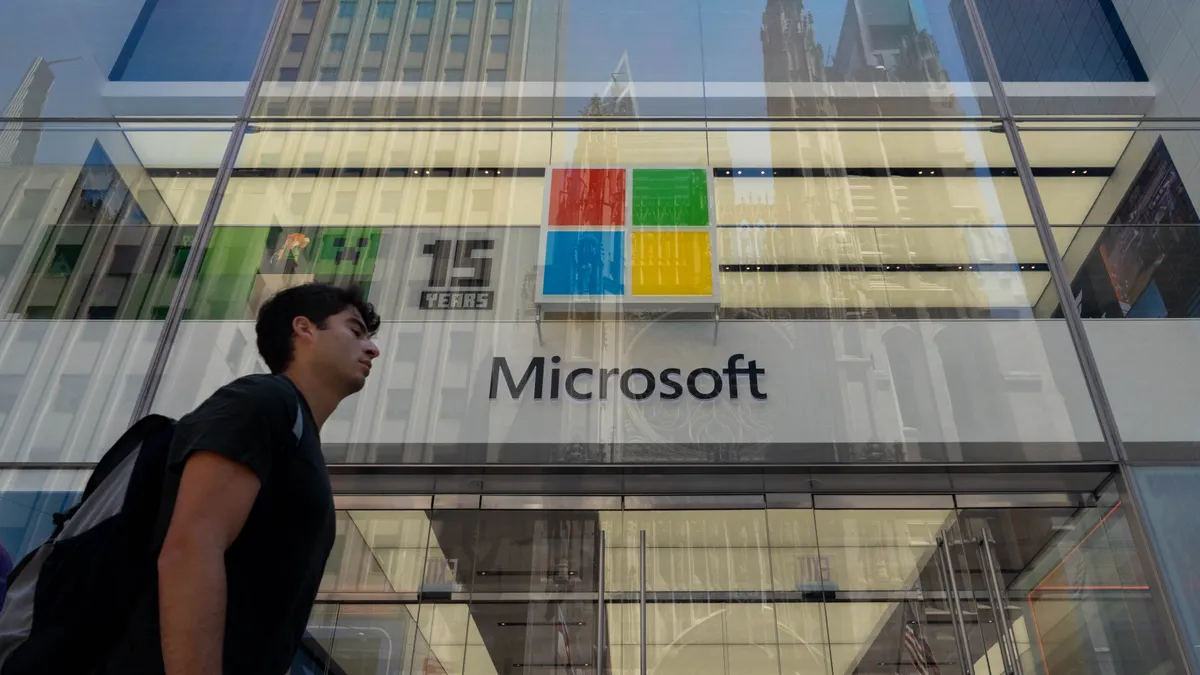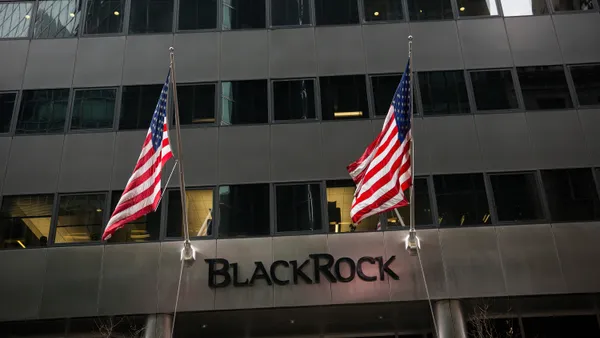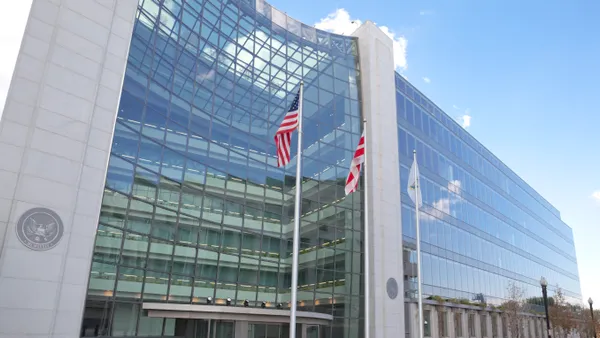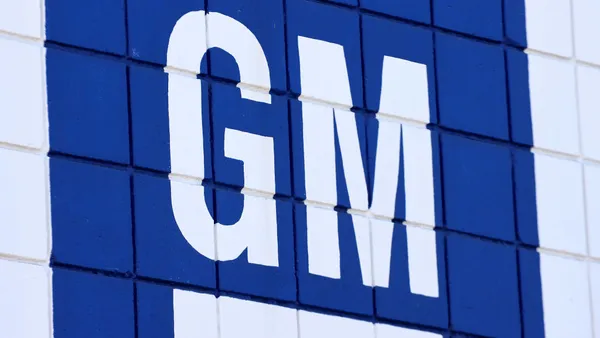Dive Brief:
- Microsoft announced a pair of large scale carbon removal deals in recent weeks that will give it carbon credits in exchange for carbon removals at a U.S. paper and pulp mill and through an enhanced rock weathering tech firm.
- The tech giant’s deal with carbon removal company CO280, announced Friday, will give the tech firm 3.685 million tonnes of carbon dioxide removal credits over 12 years, according to a press release. It followed a deal with enhanced rock weathering company Terradot for 12,000 tonnes of removal credits over three years that the companies announced April 3.
- The deal with CO280 represents “one of the largest engineered [carbon removal] purchases to date,” according to the April 11 release. The deals follow Microsoft’s broader pattern of carbon removal investments, and Microsoft’s investments will allow CO280 and Terradot to further scale their technologies.
Dive Insight:
Microsoft, which has a goal of becoming carbon negative by 2030, has a growing carbon removal portfolio which also includes ocean-, agroforestry- and soil-based carbon removals.
CO280 will remove and permanently store carbon dioxide from a U.S. paper and pulp mill by retrofitting the mill with carbon capture and sequestration technology supplied by SLB Capturi. The carbon removal project developer’s CEO Jonathan Rhone called the deal “a significant milestone” for CO280 and the broader carbon dioxide removal market in the release.
Retrofitting existing mills for capture and storage is the focus of CO280’s strategy, and the Microsoft buy follows a $48 million deal with Frontier — the decarbonization initiative from Stripe, Meta, Alphabet and others — for removals. The company identified the North American pulp and paper industry “represents a carbon removal opportunity of up to 130 million tons per year,” CO280 said in December.
Brian Marrs, Microsoft’s senior director of energy and carbon removal, said in the April 11 release that the company’s carbon removal retrofit strategy for paper mills is “an efficient way to quickly scale carbon removal and bolster investment and jobs into timberland communities across the United States.”
“Microsoft is pleased to announce this deal with the team at CO280, which has proven how to combine innovative engineering with strong commercial development towards creating affordable and scalable carbon removal solutions,” Marrs said.
Microsoft’s purchase from Terradot represents a deepened relationship between the two companies, as the tech giant previously participated in a $54 million funding round for the company. Additionally, Terradot was previously a member of Microsoft’s Climate Innovation Fund.
Terradot will provide the carbon removal credits from 2026 to 2029, and will provide funding for the EWR tech company to “conduct the most comprehensive scientific monitoring ever implemented at a commercial” rock weathering site, according to the April 3 release.
Terradot said it has already implemented the increased monitoring systems at its commercial operations in Brazil. The company expects to generate its first carbon credits from those operations “later this year.” Terradot CEO James Kanoff said in the release that the research investment will allow for increased confidence in EWR as a removal pathway and will “dramatically improve the accuracy of measurement, reporting and verification."
“This deal [with Terradot] advances Microsoft’s interest in exploring under what conditions Enhanced Rock Weathering can safely become a cost-effective, scalable source of high-quality carbon removal,” Marrs said April 3. “Improving soils — both through conservation practices and addition of alkaline rocks — has the potential to deliver real benefits to farmers in addition to the climate.
Both agreements come a month after Microsoft announced a 30-year deal to receive 1.5 million tonnes of carbon credits through a reforestation project in India. That deal with Climate Impact Partners represented Microsoft’s first removal project in India and its largest in the Asia-Pacific region.












